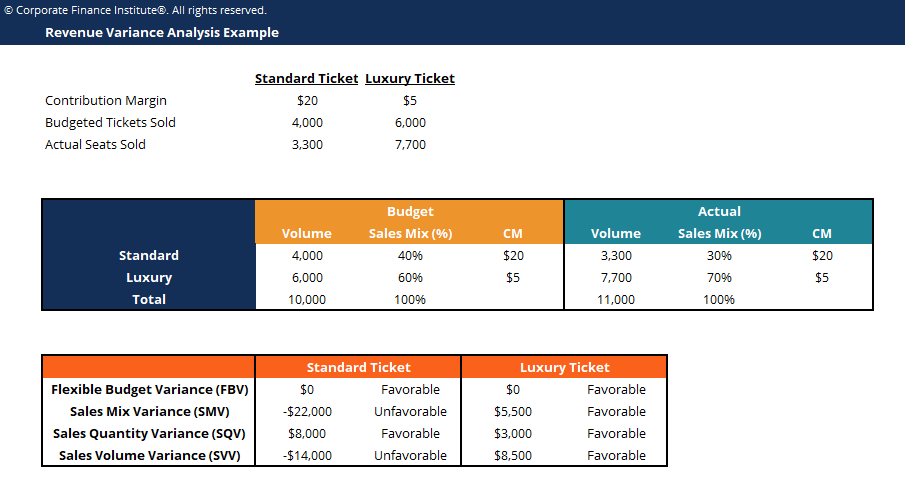The Very Emerging Role Of AI In The Accounting Industry

AI’s ability to perform this type of work means that 59% of accounting and bookkeeping professionals believe bookkeeping will be the most disrupted direct mail fundraising best practices function by AI. Working with raw data in spreadsheets can be one of the biggest time sinks for CPAs. AI will transform the business we have today and it’s important to be ready for the transformation.
KPMG has market-leading alliances with many of the world’s leading software and services vendors. And there’s no better way to begin than with the ultimate collaborative practice management platform. Vic.ai is a process-oriented AI automation platform designed to help accountants streamline various workflows from invoice processing to payments. Artificial intelligence tools by themselves (think ChatGPT, Google Bard, and others) are most useful when they what is a voucher entry in accounting are integrated into the tools you already work with.

The Dawn Of A New Era: AI’s Revolutionary Role In Accounting
In addition to its efficiency benefits, AI accounting software also helps improve accuracy in financial reporting since it reduces the chance of human errors occurring in calculations or data entry. It also improves insight into customer spending habits through its predictive analytics capacity, which is useful for small business owners who need to know where their budget is being spent most effectively. That shift from roadmap to reality has major implications for finance teams and their auditors—and it brings plenty of opportunities as well. As AI increasingly becomes a core capability for many companies, finance leaders are actively planning to expand its utilization in areas like data automation and generative AI (GenAI), backed by significant new funding allocations.
- AI will transform the business we have today and it’s important to be ready for the transformation.
- This democratization empowers more businesses to make data-driven decisions, promoting a more dynamic and inclusive business ecosystem.
- Finally, even the software vendors themselves are telling the world that their AI offerings aren’t really there yet.
- Our experts at IBM Consulting are taking a comprehensive look at generative AI for F&A and considering the need to balance risks (link resides outside ibm.com).
reasons why your team needs a workstream collaboration tool
Concerns about data privacy, security, and ethical use of AI are critical issues. Accounting firms try to address these concerns by implementing robust data governance frameworks and emphasizing ethical AI practices. This commitment to responsible AI use is vital for maintaining trust and integrity in the profession.
Part I: Opportunities for finance and controllership in the new Generative AI frontier
Whether you’re a CFO, an accountant, a financial analyst or a business partner, artificial intelligence (AI) can help improve your finance strategy, uplift productivity and accelerate business outcomes. Though it may feel futuristic, advancements such as generative AI and conversational AI technology can benefit Finance & Accounting (F&A) now. Moreover, AI usage in accounting also signifies a cultural shift within the industry. There is a growing recognition that using emerging technology is essential for staying relevant and competitive. This openness to innovation is fostering a culture of continuous learning and adaptation, essential qualities in an ever-changing business landscape. Member firms of the KPMG network of independent firms are affiliated with KPMG International.
With AI-powered tools, smaller businesses can now access the kind of analytics and advice that was once the exclusive domain of large corporations. This democratization empowers more businesses to make data-driven decisions, promoting a more dynamic and inclusive business ecosystem. Recent developments in artificial intelligence (AI), including the emergence of Generative AI, are leading businesses to evaluate AI’s potential impact to their business technology strategy. © 2024 KPMG LLP, a Delaware limited liability partnership and a member firm of the KPMG global organization of independent member firms affiliated with KPMG International Limited, a private English company limited by guarantee. The level of AI implementation and sophistication is rapidly advancing as well. Leading companies have moved AI finance initiatives from proof-of-concept pilots to full-scale rollouts, tapping into new operating capabilities and competitive advantages while maintaining strong governance.
Explore more insights and opportunities:
This type of software often works with natural language processing (NLP) and machine learning algorithms to provide insights that automate certain mundane tasks for accountants. AI accounting software can help businesses reduce administrative costs, increase accuracy, and save time by automating the bookkeeping process. Take, for instance, the journey of Ernst & Young (EY), one of the largest accounting firms globally. EY has integrated AI into its audit services, employing an AI tool that can review and analyze contracts and documents at a speed and accuracy level unattainable by humans. This tool has dramatically improved the efficiency and effectiveness of audits while reducing the risk of human error and ensuring a higher standard of compliance.
Karbon AI is an award-winning artificial intelligence feature within Karbon’s practice management software. It combines the revolutionary power of generative artificial outstanding check list intelligence and GPT technology with the context of your accounting firm—specifically within email and task management. This is why AI-powered predictive analytics is enabling accountants and finance professionals to move from the time-consuming (and often monotonous) role of generating the reports themselves and into the role of evaluator. AI-driven algorithms can analyze vast datasets, identify patterns, and catch potential risks that humans might overlook. Forward-thinking financial leaders are shifting the tides by using AI to analyze enormous quantities of financial data at speed and scale, providing real-time insights into a business’ financial health.
For AI in financial reporting to be truly impactful and sustainable, independent auditors will need to continue to enhance their own AI understanding and capabilities as well. Indeed, 83 percent of the finance leaders in our survey believe it is important for auditors to use AI in their own processes—a big increase from the 63 percent who cited this in last year’s survey. GenAI can be a powerful tool for professionals to more efficiently prepare effective analysis or documentation and enhance their judgments in a variety of areas, including financial planning and research. However, while GenAI can jump-start accounting and financial reporting processes, it still requires a driver at the wheel. Since GenAI can be inaccurate and miss nuance, experienced professionals must oversee and evaluate outcomes. Professionals may also require training to formulate effective GenAI prompts and guide it to perform a task.
One big example is how companies can best navigate the many barriers to AI implementation and adoption. Because AI and GenAI don’t fit neatly into long-standing technology use and governance policies, barriers like security, legal, and privacy challenges can slow progress for many companies. The AI leaders in our survey plan to increase AI budgets by 25 percent next year and 28 percent over three years. And all other companies in our survey—regardless of their AI maturity level—plan at least 10 percent-plus funding increases for AI next year and at least 20 percent-plus over three years. Automate tasks and work faster with AI and GPT securely integrated into your collaborative practice management.
